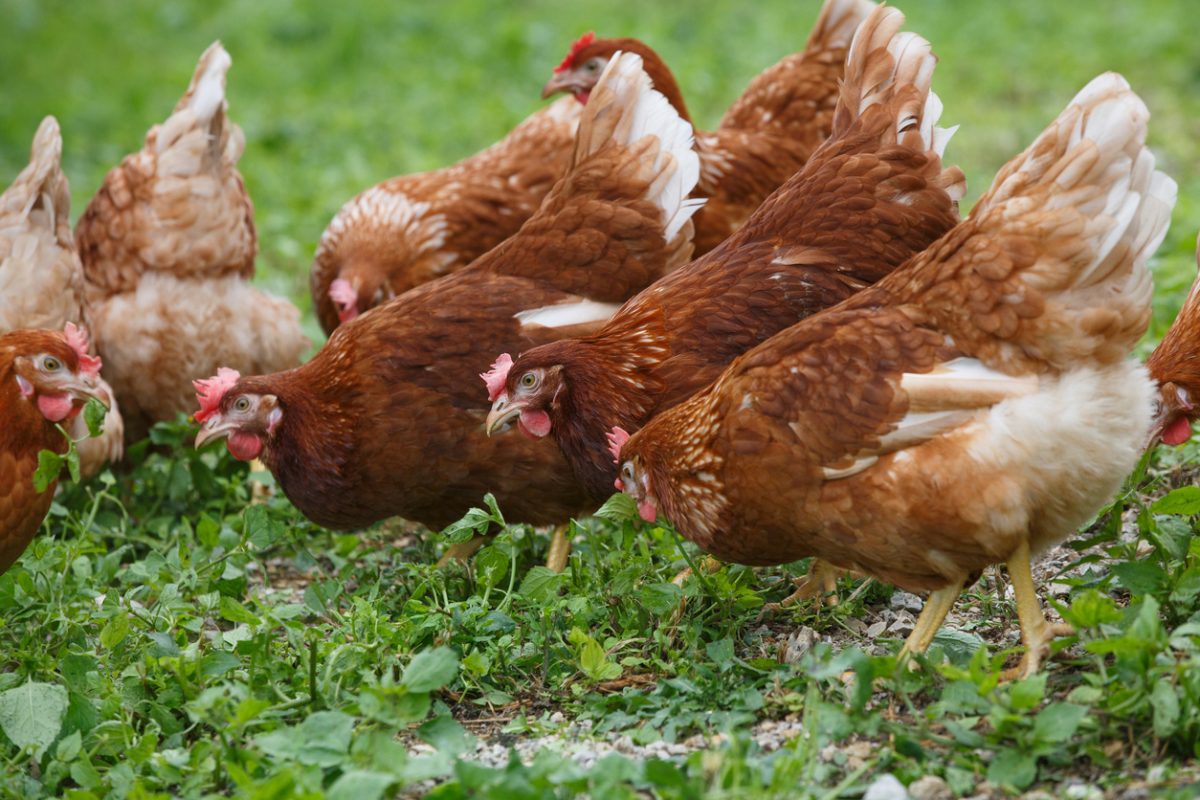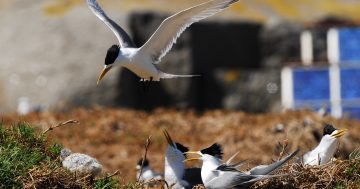
The rise in the number of reported cases of avian influenza infection may reflect the continued circulation of the virus in birds. Photo: File.
Leading global healthcare company Aspen Medical has warned Australian businesses not to be complacent and urged them to take proactive steps to mitigate risks presented by the looming threat of avian influenza.
More commonly known as Bird Flu, the viral disease is spreading globally, causing widespread poultry losses.
“While primarily affecting wild aquatic birds, domestic poultry and other avian species, recent mutations in Victorian poultry farms highlight the virus’s evolving nature,” Aspen Medical Chief Medical Officer Dr Katrina Sanders said.
“The global spread of the H5N1 strain, now reaching as far as Antarctica, and its increasing ability to infect mammals, including recent cases in New Mexico, underscore the urgent need for vigilance.”
Australian-based Aspen Medical worked extensively with health organisations around the world to raise awareness and prepare communities dealing with infectious disease outbreaks such as Ebola and COVID-19.
Dr Sanders says the current overall pandemic risk is considered to not have significantly changed in comparison to previous years.
The rise in the number of reported cases of infection may reflect the continued circulation of the virus in birds, as well as enhanced surveillance systems and diagnostic capacity.
“Whilst a pandemic is not likely to be around the corner, these are the sort of things that remind us that pandemics do occur. Arguably, some businesses were underprepared for COVID-19, so rather than dismiss avian flu, it’s a great opportunity to re-group and think through what a new threat to our business would look like, how would we need to mitigate that threat and to refresh, and go over the lessons learnt from the recent pandemic,” she said.

Chief Medical Officer Dr Katrina Sanders: the best time to prepare business continuity plans is now. Photo: Aspen Medical.
Dr Sanders has recommended three stages of action that all Australian businesses and government departments should consider undertaking.
Back-to-basics immediate actions (next six months):
- Develop and update business continuity plans: address potential disruptions with strategies for remote work, supply chain continuity and communication protocols.
- Implement health monitoring systems: establish systems to monitor employee health, detect early signs of illness, and provide access to medical support.
- Enhance hygiene and sanitation practices: promote regular handwashing, workspace sanitising and use of personal protective equipment (PPE). Install hand sanitising stations and ensure regular cleaning of high-touch surfaces.
Short-to-medium term actions:
- Vaccination programs: encourage seasonal flu vaccinations and stay informed about avian influenza vaccine developments.
- Strengthen supply chain resilience: identify critical suppliers, develop alternative sourcing strategies and stockpile essential materials to ensure continuity.
- Conduct regular training and drills: train employees on biosecurity measures and emergency response protocols, and conduct regular drills for preparedness.
Long-term actions:
- Enhance collaboration with health authorities: maintain open communication with health authorities, participate in industry-wide initiatives and share best practices.
- Implement flexible work policies: develop policies for flexible work arrangements and ensure IT infrastructure supports remote work capabilities.
- Establish clear communication channels: develop communication plans to keep employees informed about risks, preventive measures and company policies.
- Financial preparedness: assess the financial impact of potential disruptions, ensure sufficient liquidity and consider business interruption insurance.
“This isn’t about scaring people; it’s just about being prepared. These are very simple measures that should be part and parcel of our normal day-to-day business practice,” Dr Sanders said.
“The evolving landscape of avian influenza necessitates vigilance, preparedness and strategic planning. By uniting our efforts today, we can ensure the health and well-being of our communities tomorrow.
“Let us prioritise proactive measures and collaborative strategies to navigate the complexities of avian influenza and safeguard our future.”
Original Article published by Oliver Jacques on Riotact.








